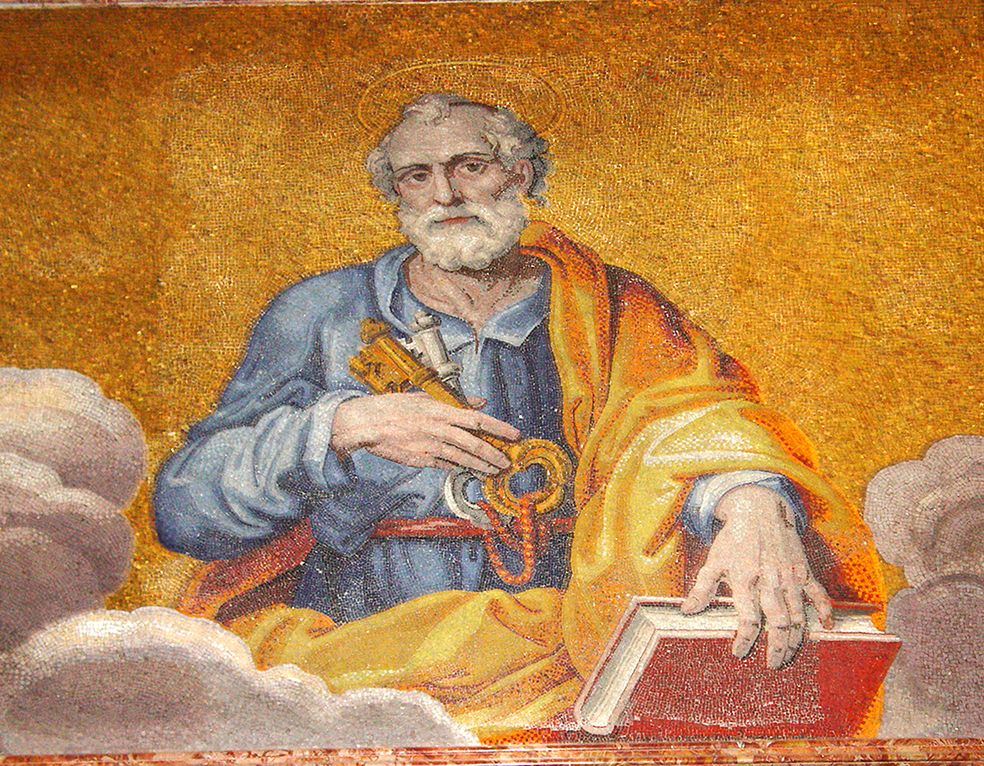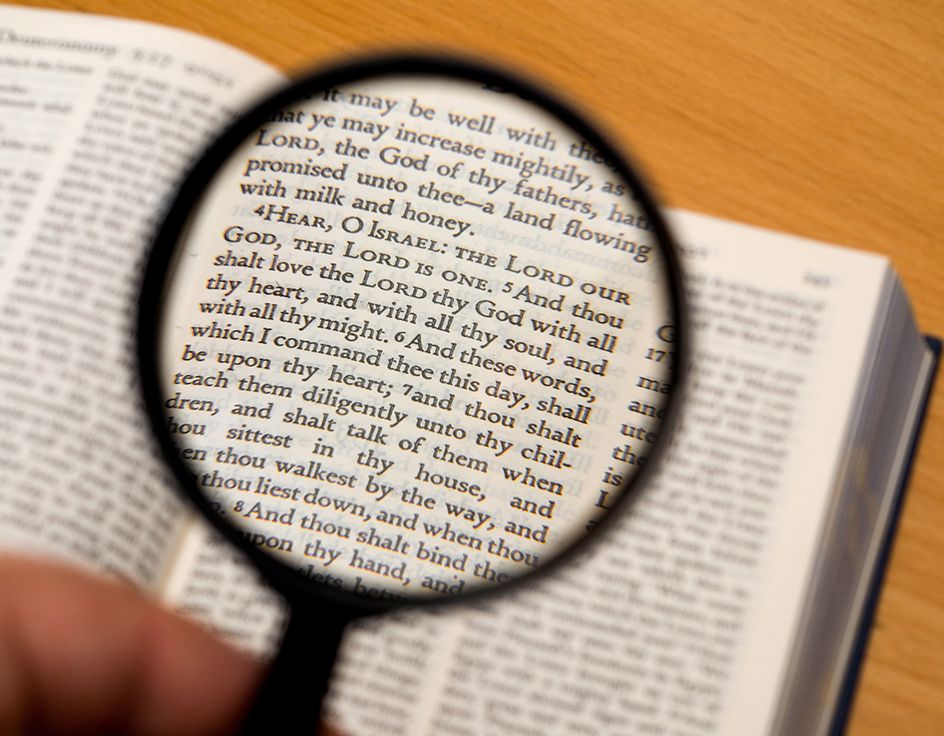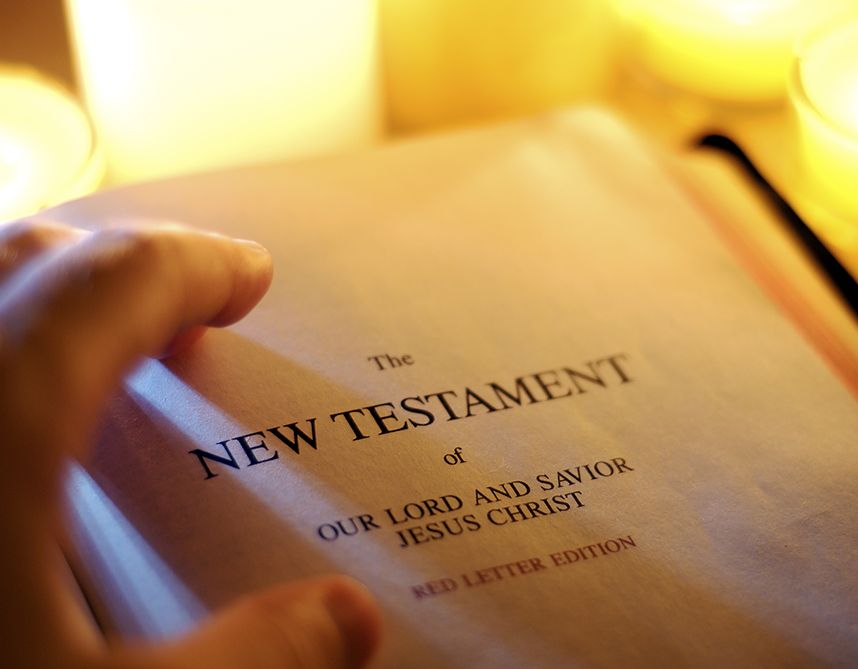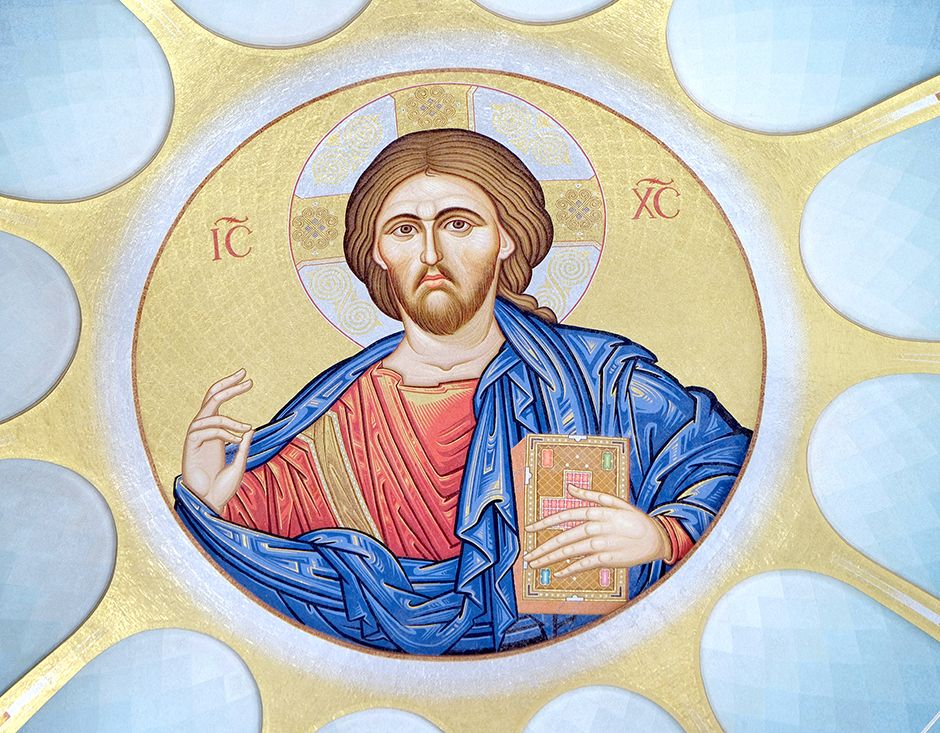The God of the BIBLE, in His wisdom and goodness reveals Himself. He reveals Himself to people: Abraham, Moses, and the Prophets. Their experience with God is as much mysterious as God Himself, but from them we receive God’s word. We obey and believe with them and worship the goodness of God with them.
With deeds and words, God reveals Himself and His plan of loving goodness which He decreed from all eternity in Christ. According to His plan, all people, by the grace of the Holy Spirit, are to share in the divine life as adopted sons and daughters in the only begotten Son Jesus Christ. This is God’s Plan of Salvation.
God’s plan is our destiny. It was decided from all eternity, even before we were created. This is called “Predestination.” This is the content of the Gospel, the Good News: “God desires all people to be saved and come to the knowledge of the truth” (1 Timothy 2:5). Jesus Christ is the Truth. He must be preached to all and believed by all. This revelation is transmitted by the Apostolic Tradition.
Transmission Of Divine Revelation
The Apostolic Tradition is the living and believing community of the Church (the preaching, the witnessing, the leadership, the worship, the life) that started at the time of the Apostles and continued throughout the times up to now.
This revelation, when written down becomes Scripture that is read and kept throughout generations by the believing community and its leaders. Tradition, Bible and Magisterium (the teaching leadership) are the three elements in the transmission of God’s word throughout time.
The Bible belongs to this tradition. This tradition is made known to the community of the Church as the “Canon” (official list) of the Sacred Scriptures (the Holy Bible) and teaches how to read and interpret them, making them effective for the life and holiness of the community.
A special place is that of the “Magisterium”, i.e. the Bishops with the Pope (Hierarchy or Sacred Leadership). They have the task of supervising and protecting the Christian heritage (Depositum Fidei) that belongs to all the faithful. Tradition, Scriptures and Magisterium are all necessary and need each other. None of them can stand by itself. They are all aspects of the living and believing community of the Church.
The Rule Of Life
The Scriptures (The Bible) are like a mirror in which the living and believing community looks continually to see if it is faithful to the teaching and example of Jesus. This is why it is called: Rule of Faith (Regula Fidei) and Rule of Life (Regula Vitae).
The Bible is the written witness of the dialogue between God and Humanity. To God’s revelation corresponds humanity’s reception. Jesus is the highest point of God’s revelation and, at the same time, of humanity’s reception.
The Bible is a guide to discipleship, to a valid Christian experience. “All Scripture is inspired by God and can profitably be used for teaching, for refuting error, for guiding people’s lives and teaching them to be holy. This is how the man who is dedicated to God becomes fully equipped and ready for any good work” (2 Timothy 3:16-17).
The Bible is the strength in times of difficulties: “And indeed everything that was written long ago in the Scriptures was meant to teach us something about hope from the examples Scripture gives of how people who did not give up were helped by God” (Romans 15:4).
Jesus And The Scriptures
The Risen Jesus taught the Apostles how to read the Scriptures (the Old Testament) because they speak of Him and His mission. In the Scriptures, they found help in order to understand the meaning of the Paschal Mystery i.e. His death and resurrection. They saw that Jesus Christ fulfills the promises of God and the expectations of the people of the Old Testament that are contained in the writings of the Old Testament.
This is already present during His life and ministry: Jesus during His preaching, appeals to the Scriptures. Then, the evangelist quotes the Scriptures in order to confirm Jesus’ mission like in Matthew 12:15-21. In this passage, the evangelist shows that Jesus is the one who fulfills Isaiah’s “Songs of the Servant of Yahweh”.
Many other passages in the Old Testament find their fulfillment in Jesus. He is their “full sense” (Sensus Plenus). For example, in John’s Gospel Jesus proclaims: “I am the Good Shepherd.” It is obvious that, in that moment, Jesus embodies in His person God’s attribute which we find in the most known of the psalms, Psalm 23: “The Lord is my shepherd.” The implication is that Jesus is God as much as Yahweh. Jesus is the fullness of Revelation.

























